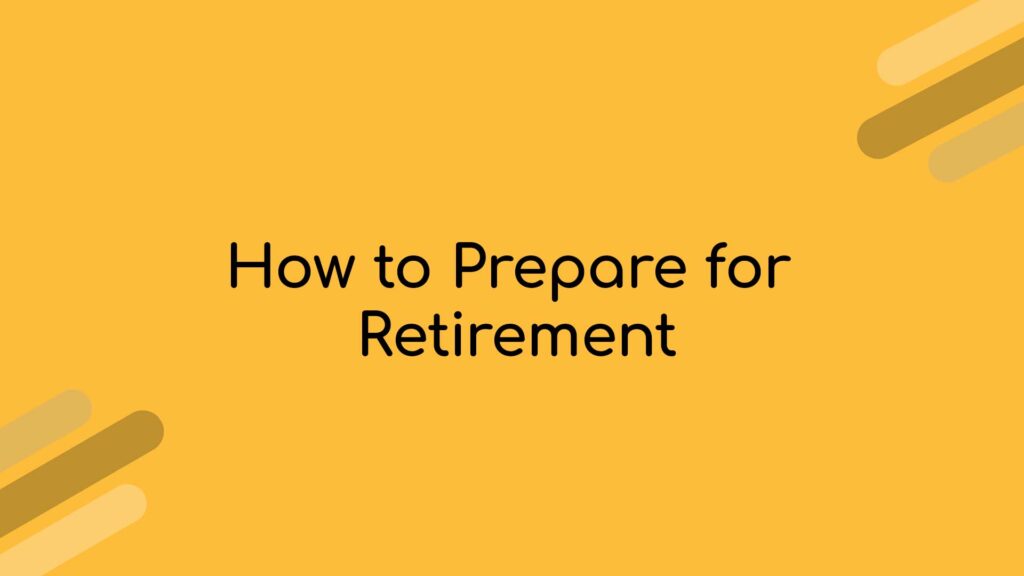I see recommendations for financial people thrown around all the time, but what I almost never see raised as a question is what qualifies this person to be a financial planner. They might be recommended because they work at your bank, your friend uses them, or they seem nice or smart. Are they qualified though? Did you know there are a wide range of designations that can qualify someone to give advice? And many of them don’t require as much education or training as you would expect.
If I have a medical issue, I know I can go to a doctor, and I know they’ve gone through rigorous training because they have “M.D.” after their name. If I’m dealing with a legal issue, I can go to an attorney, and I know that for them to practice law, they must have “J.D.” after their name. I know I can trust these people with major concerns in my life, because I know they have received the required training, and there are strict regulations on their profession. How about financial planning?
The Standards are Lower Than You Think
Jonathan Clements from the Wall street Journal explains, “In Malaysia, to call yourself a financial planner, you must be qualified, such as earning the local equivalent of the CFP or the Chartered Financial Consultant designation. However, in the U.S. to hang out a shingle as a financial planner, all you need is a shingle and a place to hang it.” In fact, in the U.K. and Australia, it’s illegal to give investment advice and receive commissions, because commissions skew the advisor’s ability to give unbiased advice. In the US however, the requirements for financial advisors are not nearly as strict.
A lot of people in the financial profession can go out and get a designation that takes them anywhere from a couple days to a couple weeks, and this is all they need to give financial advice. The designations he mentions in the article, however, are much more intense. For example, to become a CFP you must have classes in the financial planning process, insurance, taxation, planning for retirement needs, investments, and the fundamentals of estate planning. All topics you assume would be required for every financial planner, but unfortunately, this is not the case.
Always Check Their Qualifications
The CFP and CHfC designations generally take over a year of study to get, and give a planner the educational foundation needed to advise, but most people out there don’t have them.
Retirement money is one of your biggest assets. You should consider your financial life along the same lines as your health. You owe it to yourself to make sure you’re dealing with someone who is a qualified professional.
When it comes to retirement planning, you don’t know what you don’t know, but you also don’t know what they don’t know. Always check up on your advisor’s qualifications before entrusting them with your financial life.





